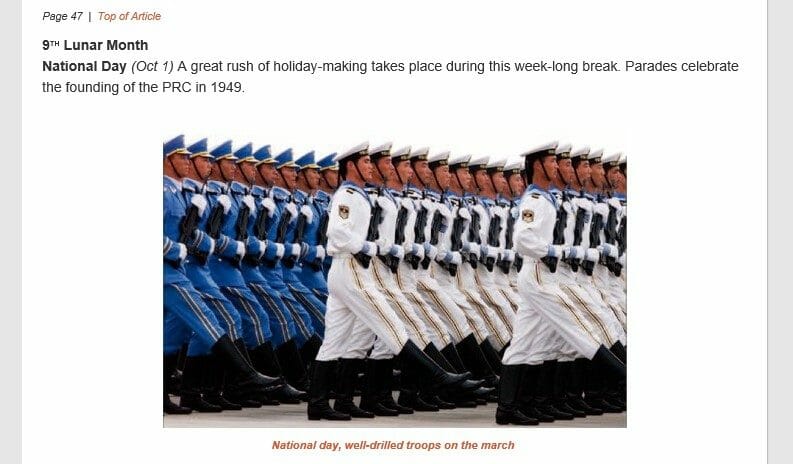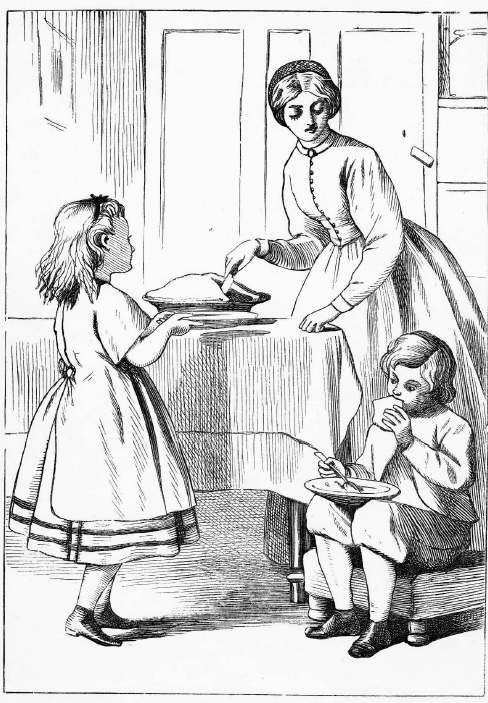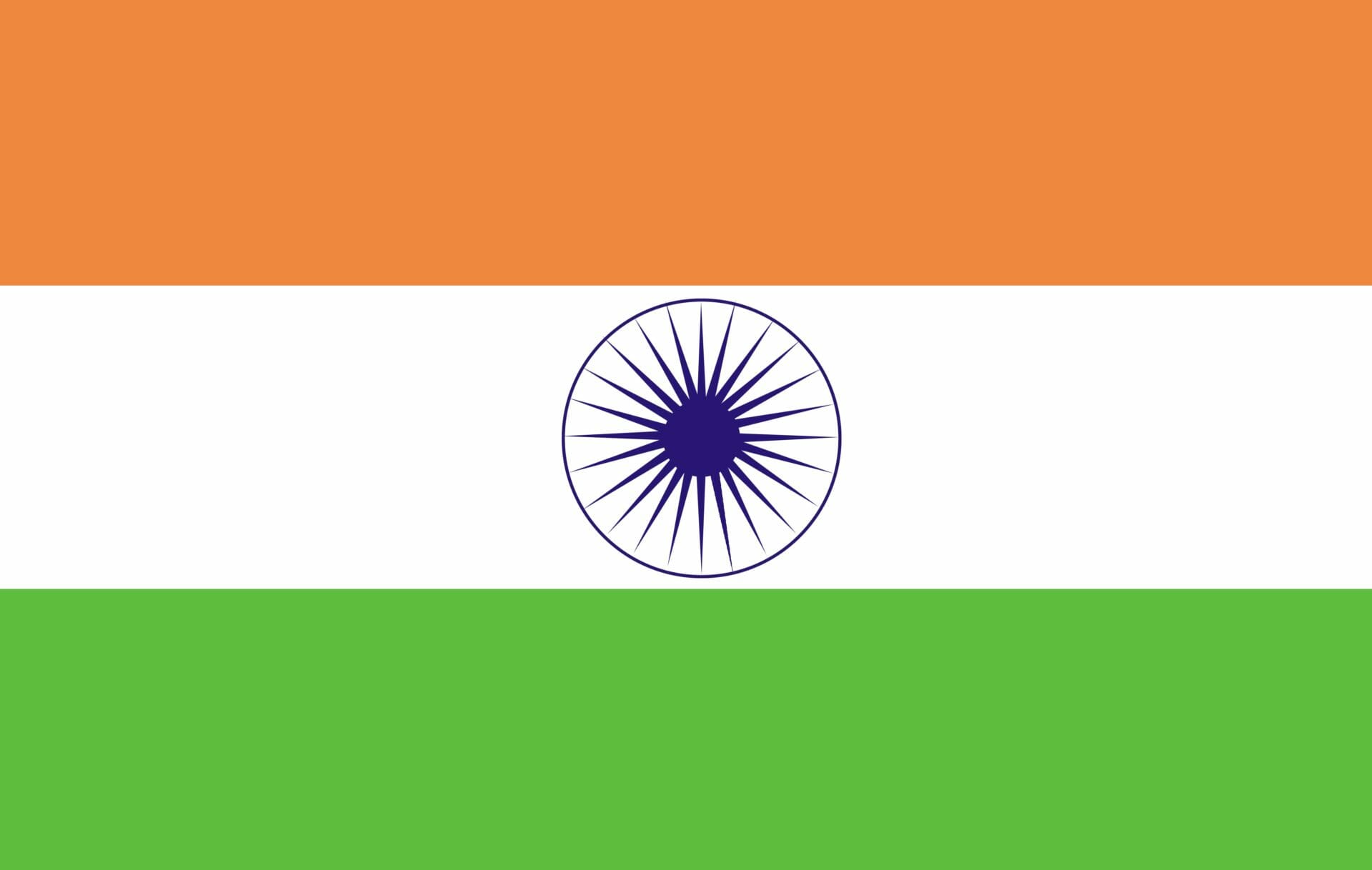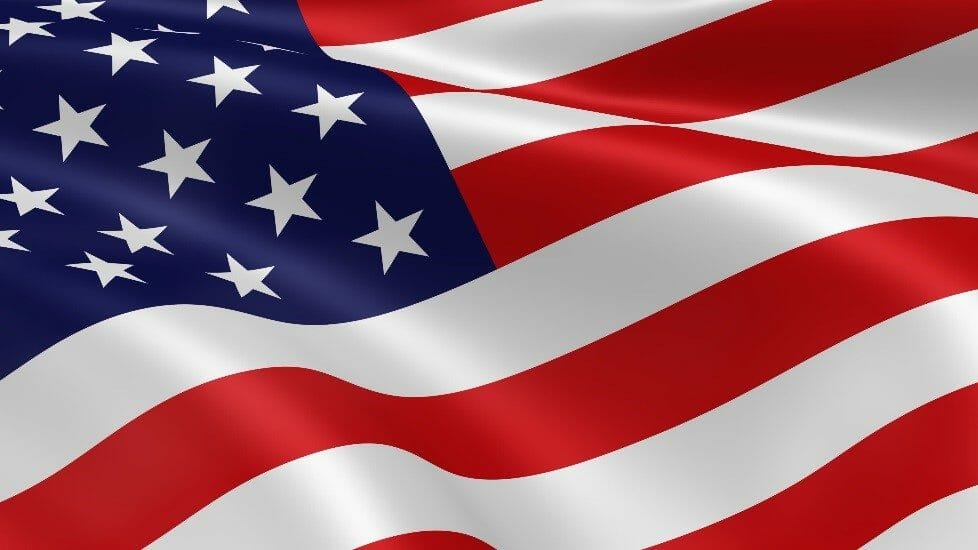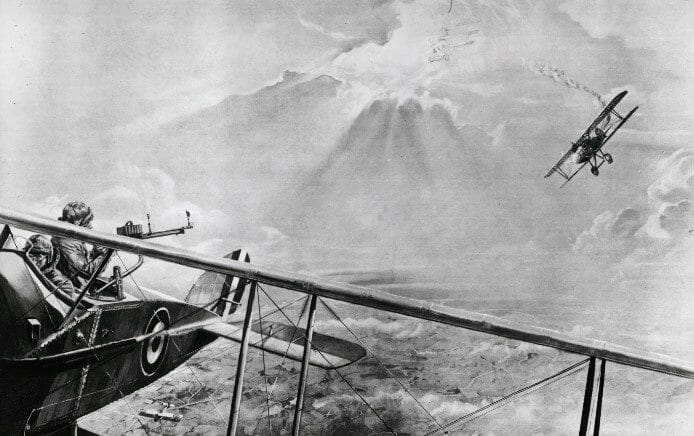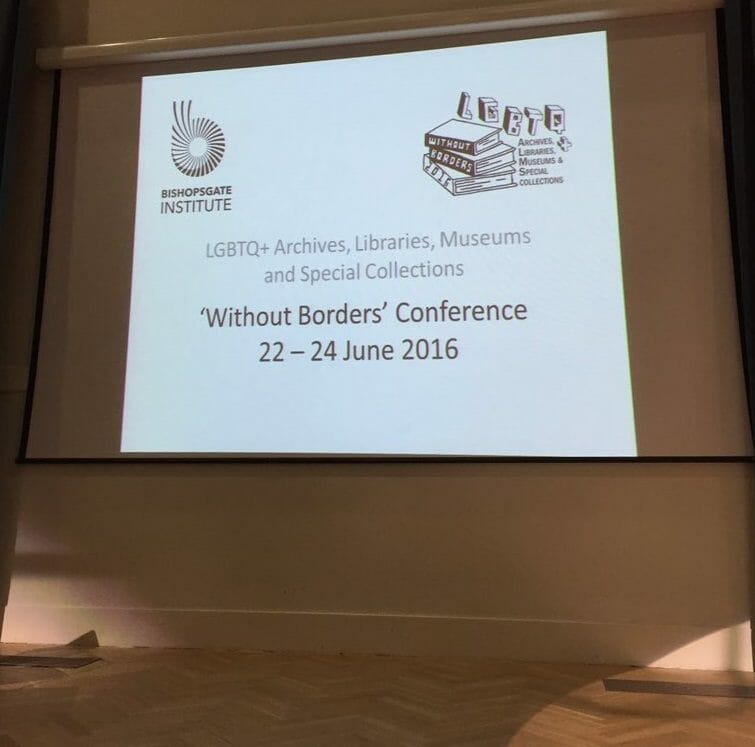By Cathy Huang
Chinese National Day is celebrated on October 1st every year to commemorate the founding of the People’s Republic of China with lots of large-scale activities held nationwide. It’s followed by ‘Golden Week’, a seven-day holiday from the 1st to the 7th of October, during which many Chinese people travel around the country and abroad.
There had been Chinese national celebrations in October prior to the establishment of the PRC as the removal of the final Chinese dynasty (the Qing) sprung from the Wuchang Uprising on 10th October 1911, after which Sun Yat-sen sought to consolidate a Republic. Consequently, for many years the nation commemorated the formation of the Republic in October. In 1945 The Western Daily Press and Bristol Mirror – one of the papers included in Gale’s British Library Newspapers digital archive – briefly described how National Day was celebrated in the region that year.

